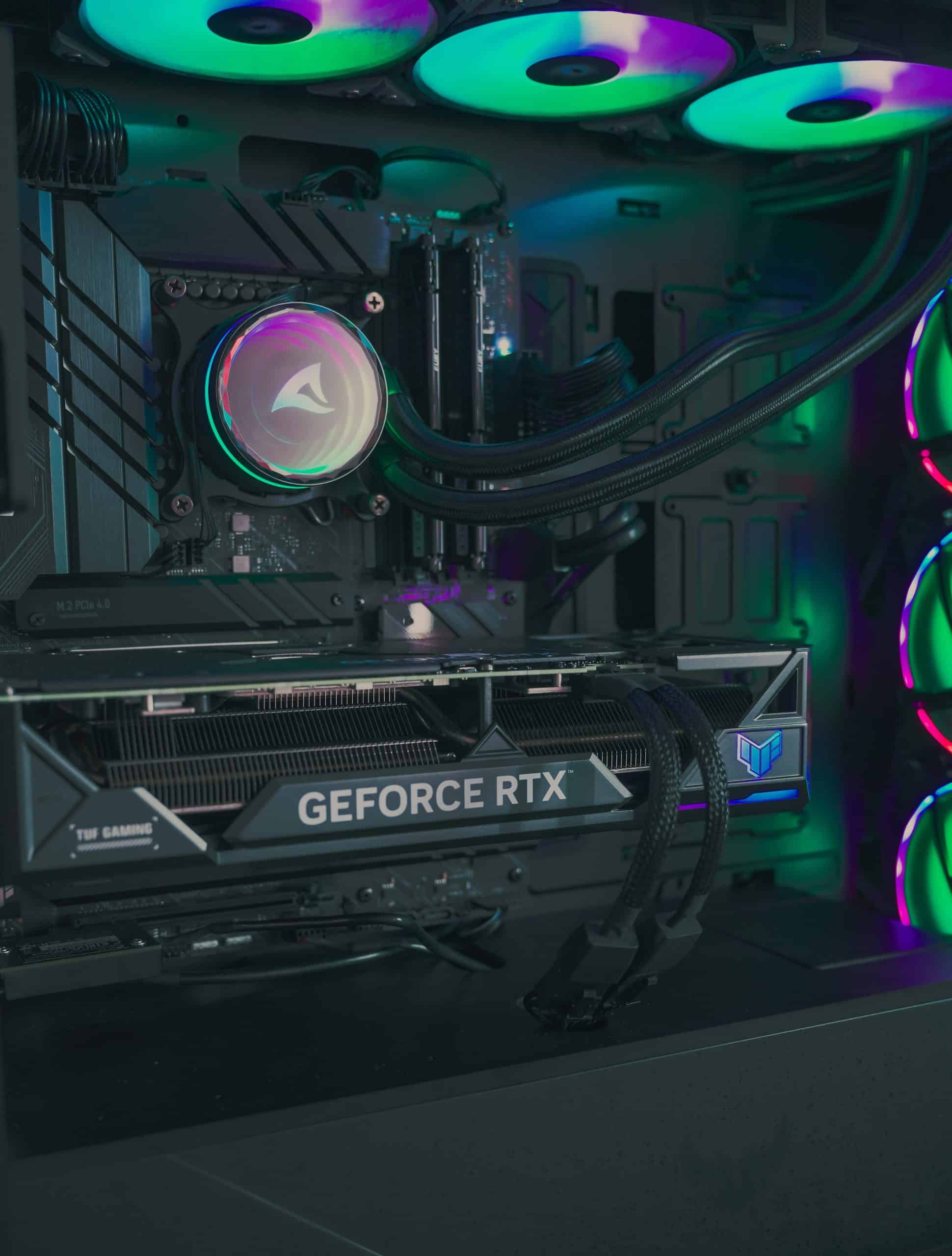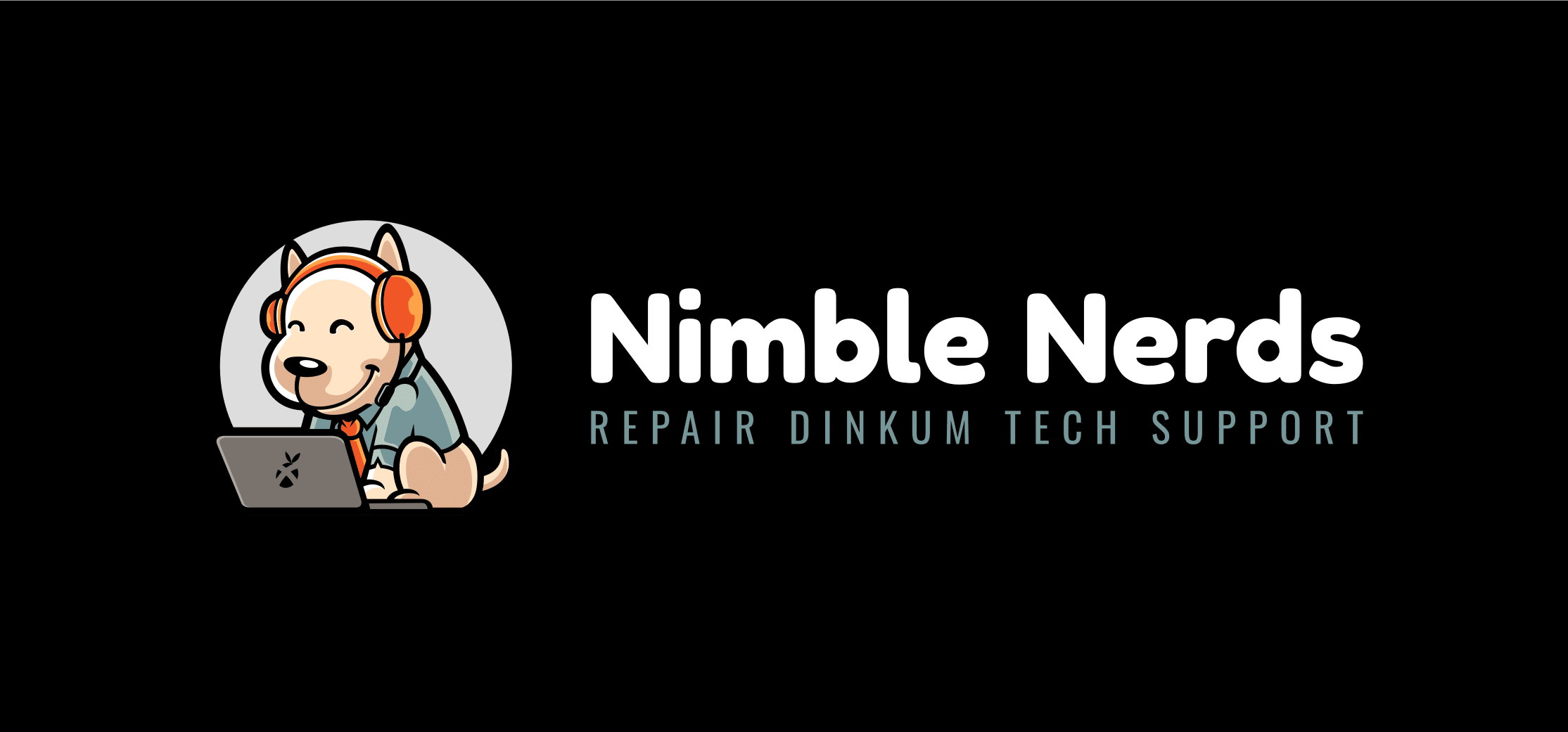Where Do Computer Technicians Work?
Have you ever considered where computer technicians work? Whether you’re on the path to becoming a tech specialist or simply intrigued by the industry, this guide will provide insights into the work environments and responsibilities of computer technicians.
Are you looking for assistance from Nimble Nerds?
Please click through to discover the services we offer.

Passion is a Key Driver: Gaming and Music Enthusiasts
Today, many technicians are motivated by their love for technology, whether crafting the gaming setup or creating a home recording studio for music. However, at times, these hobbies do not keep them engaged. Also, hands-on experience proves invaluable in their professional journey. That is why, job seekers often find that such hobbies help build a relevant skill set.
Starting as an Entry Level Technician, Laying the Groundwork
Every computer technician initiates their journey by mastering hardware and software troubleshooting skills, operating systems and basic networking. Moreover, these abilities are often improved through a certification like CompTIA A+ or by choosing an associate degree in computer science.
In this stage, they usually operate in environments like assisting home users, with support solving computer issues and setting up networks. They might also aid customers in stores with fixing computers installing software and configuring devices.


Advancing to Intermediate Roles Broadening Skill Set
As technicians progress in their expertise they typically move into roles such as network administration, where they oversee and safeguard computer networks or manage server setups. Additionally they may take on positions like support specialists who help users troubleshoot software problems and provide guidance.
Furthermore, these roles can be found in settings including IT departments ensuring the functionality of company systems; tech support centers assisting customers directly with technical issues; educational institutions meeting the IT requirements of schools and universities; government agencies supervising efficient systems for organizations; and healthcare facilities ensuring the smooth operation of medical technology and databases.
Consequently, the demand for positions is continually. In addition, the pay for these roles is competitive.
Advanced and Specialized Fields in Tree Climbing
With a foundation and intermediate experience, desk technicians can explore fulfilling domains. Moreover, they could specialize in cybersecurity to safeguard networks and systems from cyber threats in government agencies businesses and specialized security firms.
Some individuals might transition to positions as systems analysts, developing computer systems, for IT departments consulting companies and tech startups. Others could advance to roles as IT managers supervising IT teams, managing projects and handling matters in settings and institutions.


Reaching New Heights: The Peak of Technological Advancement
Exciting field opportunities are available for those committed to enhancing their skills and knowledge. Some PC technicians may focus on technology as specialists working on cutting-edge defence technology projects like missile defence systems in defence contractors’ military branches and government research facilities.
At times, others might pivot to aerospace engineering roles, contributing to advancing technology for space exploration and aviation with organizations such as NASA, aerospace companies and research institutions. Another advanced career path is that of a telecommunications engineer involved in building and maintaining communication networks, including radio technology and mobile networks at telecommunications firms and Internet service providers.
How to Begin Your Journey Towards Becoming a Computer Technician
Exploring Different Educational Paths
Embarking on becoming a computer technician starts with establishing a background. Whether you’re currently in school or contemplating studies at TAFE or university, there are various avenues available to enter the tech field


High School; Building a Strong Foundation
When starting their high school journey, students can begin by taking classes that help them develop their skills and knowledge. Key subjects to consider include Information and Communication Technology (ICT) which covers the fundamentals of computer systems, software applications and technology integration across industries.
Another important subject is electronics, which introduces concepts related to circuits, components and device operations that’re crucial, for understanding computer hardware. Learning programming languages such as Python, Java or C++ lays the groundwork for software development and problem solving.
TAFE; Hands On Training for Real World Skills
Technical and Further Education (TAFE) institutions offer courses designed to prepare students for careers in the technology sector. Popular options include Network Engineering, which focuses on designing, implementing and managing computer networks. Internetworking explores network architecture and administration. ICT Support enhances skills in providing assistance and maintaining computer systems, including Microsoft Office and hard disk management. These courses equip students with the ability to solve problems efficiently using tools, for repair and maintenance helping them become professionals.


University; Blending Theoretical Knowledge, Practical Experience
For those aiming for higher level positions seeking a university education provides learning and specialized training.
Prominent academic qualifications include Computer Science, which covers computer systems, software development, algorithms and data management. Mechatronics combines mechanics, electronics and computing making it ideal for individuals interested in robotics and automated systems. Information Technology (IT) encompasses network administration, cybersecurity, database management and software development.
Professional Certifications: Enhancing Your Credentials
Moreover obtaining industry recognized certifications can boost your skills. It attracts employers. Noteworthy certifications include CompTIA A+, which delves into computer hardware basics and configuring software along with networking essentials and problem solving abilities. CompTIA Network+ focuses on networking principles, configuration processes and security measures. The Cisco Certified Network Associate (CCNA) certifies expertise, in network setup procedures, configuration processes and troubleshooting methods.

Curious About Pursuing a Tech Career? Here's What You Need to Know
Where do IT technicians work?
IT technicians can be found in settings such as IT departments, tech support centres, retail outlets, schools, government offices, and healthcare facilities and working independently as freelancers. They maintains computers and peripheral devices, offering services to ensure the operation of computer systems in these diverse environments.
What is the work of a computer technician?
Computer technicians are tasked with repairing technological equipment, maintaining computer hardware and software updates, troubleshooting issues, setting up software configurations, and upholding network security. They typically start with tasks like setting up home networks and progress to managing systems in corporate or specialized sectors.
What does a computer system technician do?
A computer system technician ensures that computer systems and networks operate effectively. This involves installing and configuring software programs, fixing hardware problems, safeguarding network security measures, and providing assistance to computer users. They fix issues, provide solutions, and play a role in day-to-day operations as well as specialized technology fields.
How do passions in gaming and music influence a career as a computer technician?
Many technicians embark on careers due to their love for technology, gaming or music production. These passions help them acquire skills in configuring and maintaining computer systems, which form the foundation for their development.
Over the years, mastering these abilities can open up opportunities for positions in network management, cybersecurity and even aerospace technology.
What qualifications are needed to become a computer technician?
While the criteria may vary, many computer technicians hold certifications from organizations like the Computing Technology Industry Association (CompTIA). Have a background in computer science or a related discipline. Practical experience gained through hobbies like gaming or music also plays a role in honing the expertise required for advanced and specialized roles within the technology sector.
Get In Touch
On-Site Computer Repairs Sydney Wide Services
- Canterbury-Bankstown
- Eastern Suburbs
- Hawkesbury
- Hills District
- Inner West
- Liverpool
- Lower North Shore
- Macarthur
- Northern Beaches
- Northern Suburbs
- Parramatta
- St George
- Sutherland Shire
- Upper North Shore
- Sydney CBD
- Western Sydney
Please Call To Book A Sydney Computer Repairs Sydney Technician
Lvl 17/9 Castlereagh St, Sydney,
NSW 2000, Australia
(+61) 02 8091 0815
info@nimblenerds.com.au

